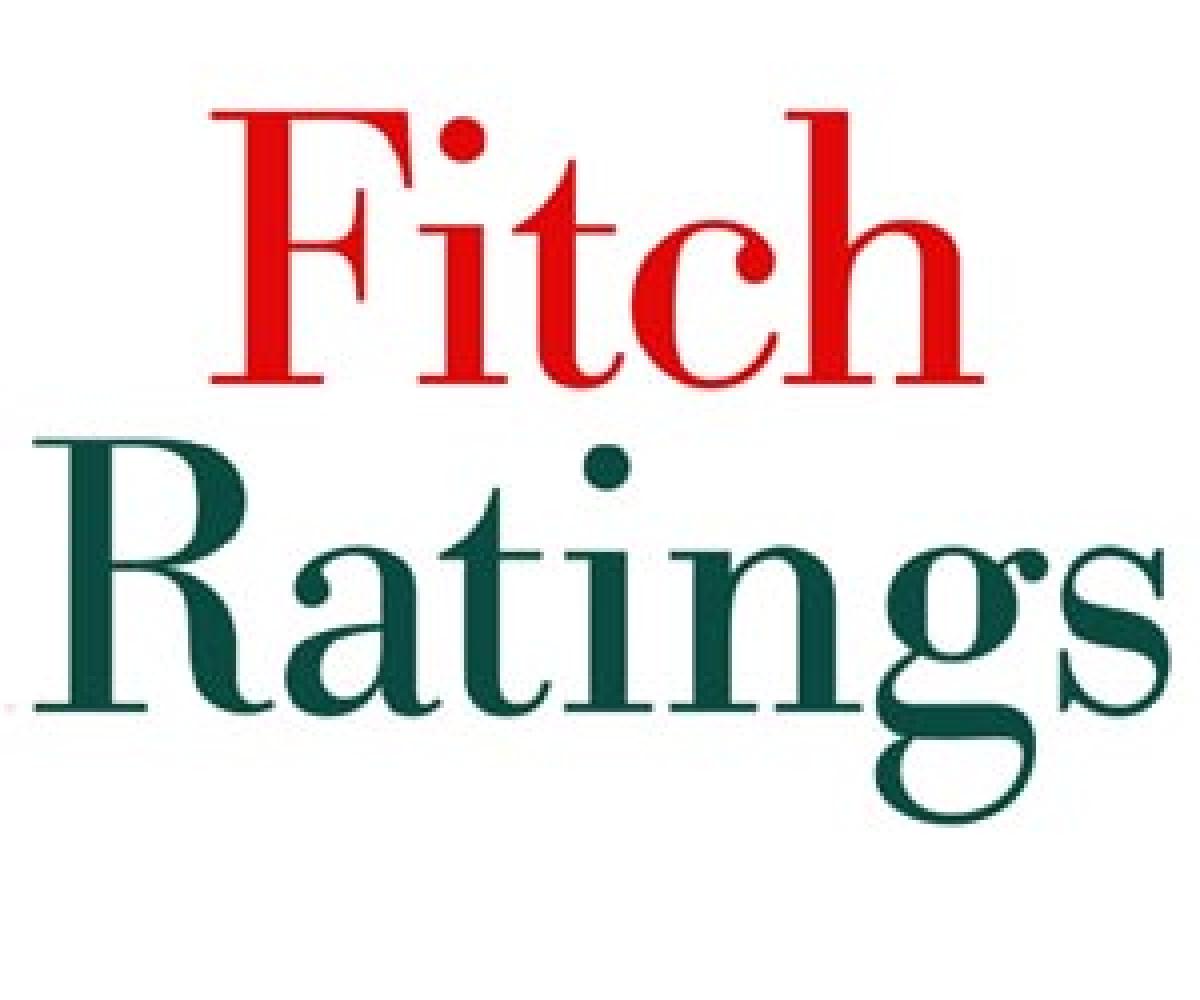Live
- Six Useful Strategies to Control Your Heart During the Pollution Season
- Phalodi Satta Bazar Predicts Close Race in Maharashtra Assembly Election 2024
- Federer Pays Heartfelt Tribute to Nadal Ahead of His Retirement: "An Epic Career"
- Odisha holds successful mega investors roadshow in Singapore
- PGTI Tour: Top stars to fight for honours in Servo Masters Golf
- SC upholds termination of LIC employee for absenting himself without intimation
- ‘Stone me or shoot me, won’t spare anyone,’ says Anil Deshmukh after discharge
- Siddaramaiah, Shivakumar turning Karnataka into Pakistan: K’taka BJP
- Zimbabwe records 70 suspected cholera cases, one death amid new outbreak
- Babri demolition day: No Assembly proceedings in Bengal on Dec 6
Just In
Fitch: FinTech to Bring Big Opportunities, Risks for Asia Banks


Fitch Ratings-Singapore/Hong Kong: Technology firms will play an increasingly important role in Asia-Pacific\'s financial services industry,
Fitch Ratings-Singapore/Hong Kong: Technology firms will play an increasingly important role in Asia-Pacific's financial services industry, says Fitch Ratings. Large unbanked populations in countries such as India, and the emergence of tech-savvy middle classes in countries such as China, Indonesia and the Philippines, will offer significant growth opportunities for "FinTech" companies.
The size of these markets will provide FinTech firms the opportunity to gain substantial scale and potentially change the banking status quo. This disruption to the financial sector will come with risks, especially where banks and regulators have limited experience in managing new technologies. How regulators balance the need to allow for the use of new technology to provide better services while controlling new operational risks and preventing the aggressive growth of unregulated financial services, will be a key challenge in the next few years.
FinTech remains a nascent sector despite rapid growth in large markets like China and India. Peer-to-peer (P2P) lending, online payment systems and digital wallets focused on retail consumers and SMEs represent by far the largest markets.
We expect regulation to play a key role in determining how the sector evolves. Clear and transparent policies will be important for successful development. There is likely to be a fine line between the development of regulation to ensure orderly growth and the establishment of significant barriers to entry to protect the incumbents.
India has been proactive, and recently unveiled a consultation paper for P2P lending which seems to favour continued growth and development of the sector under a regulatory framework. The Reserve Bank of India noted the potential positive contribution that P2P lenders could have, especially in bringing formal financial services to the almost-50% of the population that is unbanked.
However, there are major challenges for new entrants. The lack of credit history for some new markets makes it difficult to assess creditworthiness to ensure appropriate credit-underwriting standards.
Importantly, the rise of FinTech could raise risks to traditional banks which fail to transform over the long term. The rapid adoption of disruptive tech could raise security and operational vulnerabilities for banks if systems and resources to manage the new technologies are not enhanced. New technologies could also alter banks' business and operating models in the long term by eroding a previously lucrative business line or reliable funding source, and thus indirectly affect credit profiles as well.
Fitch believes the barriers to entry for FinTech firms are greatest where banking markets are more concentrated. For emerging markets, financial systems with fragmented banking systems that have seen limited innovation will be the most exposed.
Relatively high banking penetration - by emerging market standards - means there is an opportunity for digital FinTech firms in China to tap into the increasing levels of wealth being generated by a substantial middle class. China's large tech companies have already built viable payment systems outside the banking sector that compete for deposits and transaction fees. These companies could leverage these systems to market loans and investments to retail customers. Banks have under-served the household sector, given their focus on other parts of the economy, and traditional banks are playing catch-up. But this is not likely to represent a serious credit threat to banks at this stage, even with rapid growth.
In China, regulatory and policy uncertainty will be important. Growth, at least in the P2P lending space, may be checked by the authorities to protect incumbents and to ensure they are able to get up to speed with market developments. This is especially as there have been several high-profile reports of fraud in the still-unregulated P2P sector - a sector that has grown rapidly in recent years.

© 2024 Hyderabad Media House Limited/The Hans India. All rights reserved. Powered by hocalwire.com






